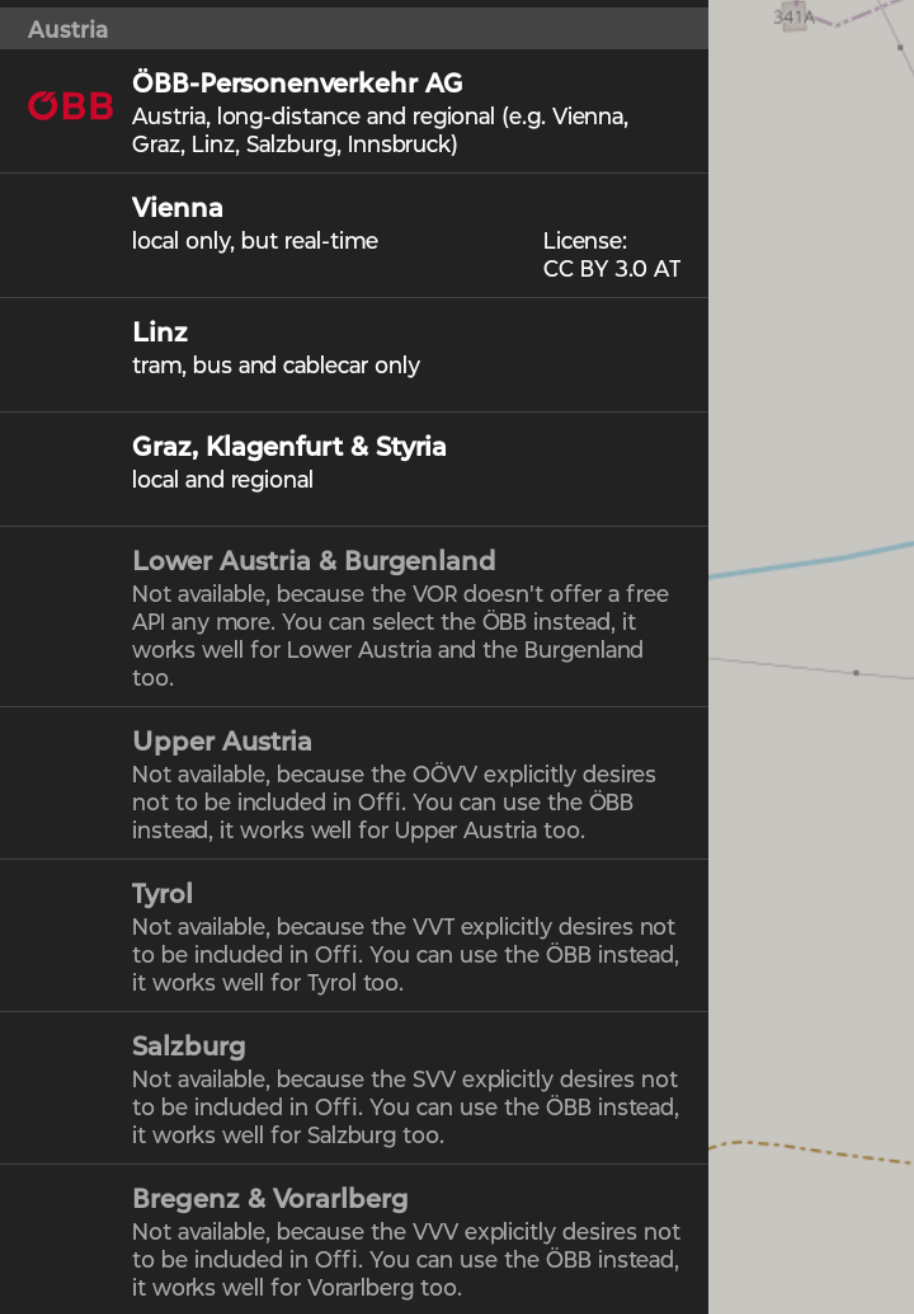

Artix-openrc on custom kernel*
I am working on fedi software that is hoping to allow Kodi, Plex and Popcorn Time get rid of IMDb/TMDB dependency. Dm me if you’re skilled in SvelteKit and/or Go, especially the Fiber framework, or machine learning with Rust and willing to contribute.


Artix-openrc on custom kernel*
shitstemd, glibc, bloated kernel, sudo and proprietary blobs are not secure


Well you can use Calyx instead, which supports microG instead of Graphene, at the expense of somewhat lower security level. Or wait until sandboxes google services gets patched accordingly.


Don’t know and sadly my Pixel got stolen recently, but you can see if Offi or Transportr meet your needs, they’re available on fdroid.

I guess I have bad news for you regarding the government app: https://discuss.grapheneos.org/d/253-compatibility-for-austria-e-government-app
Anyway depending on your threat model keeping a normiephone as a decoy and mainlining something like graphene os can be a good opsec decision.


also as a former driver I just want to say DOWN WITH THEIR ECONOMIC TERRORISM!


It stopped working in April or May I think so that’s interesting


What public transport apps if I may ask? Most of Western Europe and especially Germany present no issues and even have OSS options, same with Finland.




Yes I do. Therefore I would never use it in front of state authorities, but I doubt a hotel receptionist would make use of a pubkey cryptography.


But they have one advantage: They are way easier to counterfeit. Meaning that with a few months of programming at most, if you ever find yourself on a run, you’ll be able to ID yourself on trains or buses or check in to hotels with fake personal info.


deleted by creator


Because it’s just bing under the hood, same as qwant. And Bing/microshaft doesn’t really care that much about you using it for actual search. M$hit wants you to use Copilot. Copilot cannot be fit as easily into meta search engines such as SearxNG. I’m quite convinced that the whole push behind the aggressive AI promotion going hand in hand with search engine experience degradation (ACCELERATED BY THE PROLIFERATION OF SEOMAXXING AI-SLOP ONLINE) is to a large extent driven by the desire to tighten the walled gardens and information control. Millions of idiots convinced that a text generator program is somehow similar to an actual person would more readily accept it providing opinions or censored information, in place of diverse information.
Congratulations to all of you still happily trading your freedom for convenience. Instead of just a ranking algorithm that nonetheless can show you multiple results at a glance, you get the generation of just one result, at the environmental cost much higher than a regular search, up to 10 times more energy, and sometimes even slower than what would be the time required to load a regular page on a good LTE connection if modern web wasn’t so bloated.
All while accelerating the march towards digital feudalism. Because even the immense amount of storage space and link capacity required to build your own search index is nothing compared to the cost of training a LLM and then providing it via some SaaSS.


wake me up when Rust fixes its’ supply chain attacks susceptibility (solid stdlib and rejecting external crates, including transitive deps


Somewhat useful with (neo)vim, where it’s (however tiny af) context window spans every open buffer


In Clojure, -> is used for inserting the piped argument at the head position in the arguments of whatever it is passed to, while ->> is used for inserting it at the tail. This approach is great for working with immutable data in a series of approachable transformations, which I believe is one reason why so many Domain-Specific Languages for generative programming are written in that language, aside from its interactive REPL. Additionally, there is no need to worry about excessive copying, as this is generally well optimized.
This can be particularly useful with HoneySQL, which is more of a DSL for SQL rather than a typical ORM tool. For example:
(defn apply-filters [query filters]
"applies WHERE clauses to a query"
(reduce (fn [q [column value]]
(helpers/where q [:= column value]))
query
filters))
(defn build-dynamic-query [{:keys [table columns filters sort-by limit]}]
(-> {}
(helpers/select columns)
(helpers/from table)
(apply-filters filters)
(helpers/order-by sort-by)
(helpers/limit limit)
sql/format))
;; Result - a super readable function call that resembles a natural language
(build-dynamic-query
{:table :products
:columns [:id :name :price]
:filters {:category "electronics" :in-stock true}
:sort-by [:price :desc]
:limit 20})


we had a plenty of more deterministic tools for parsing human readable text to machine-readable long before llms


fr the system is in such a deep terminal crisis that talking to people in their 20s feels like talking to pensioners since in countries like the US or UK the life expectancy is declining due to not being able to afford healthy food, stressful and precarious work, mental health crisis and addictions, worsening healthcare, climate change, moldy cramped housing, proliferation of larger and thus more dangerous cars, new zoonoses etc. etc.


typescript is a linter


wonder when Rust will saturate it’s niche as a C/C++ replacement, I’d guess 3-6 years would be when we might start to see some stabilization.
Good for you